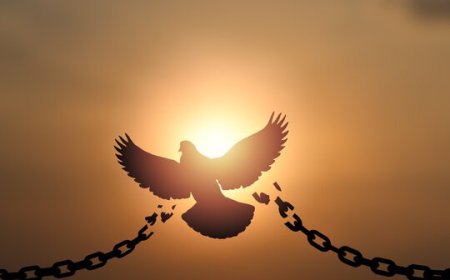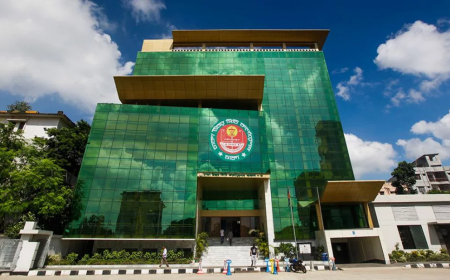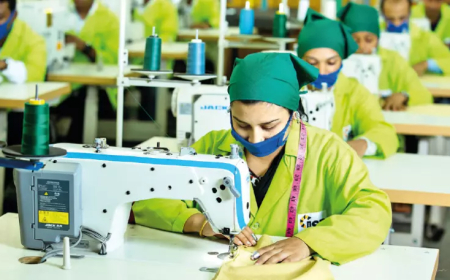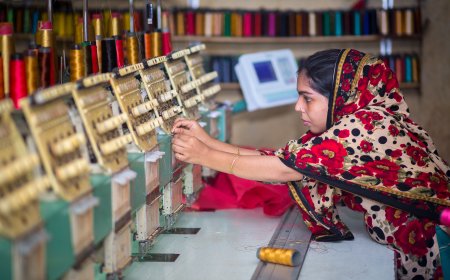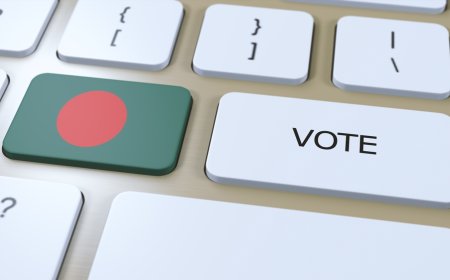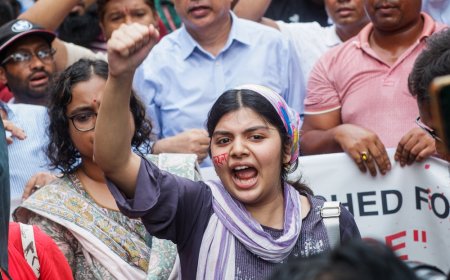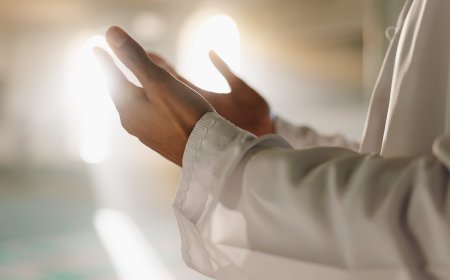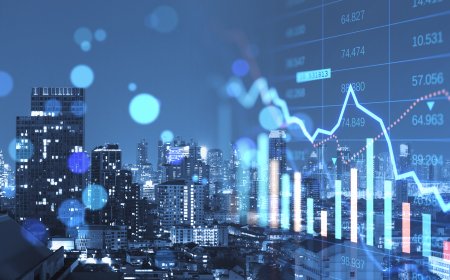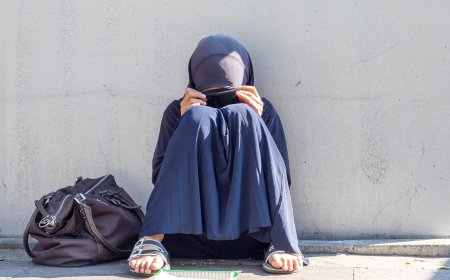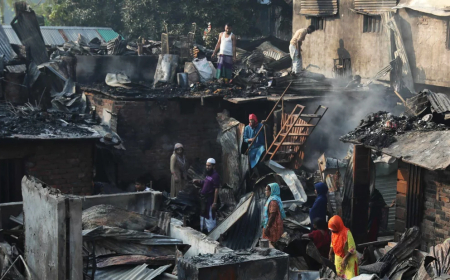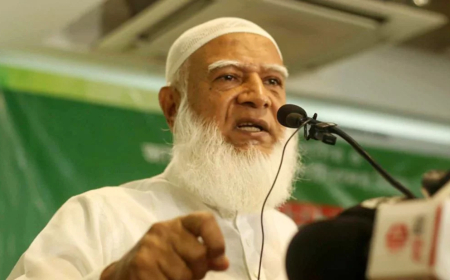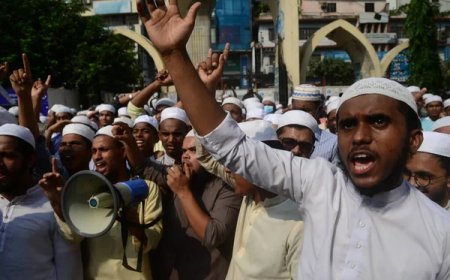Bangladesh at a Crossroads: Populism or Principle?
The country stands at a dangerous precipice. Will we go down the road of division for political gain or will we get down to the hard work of building a nation? It is time to stand up and be counted.
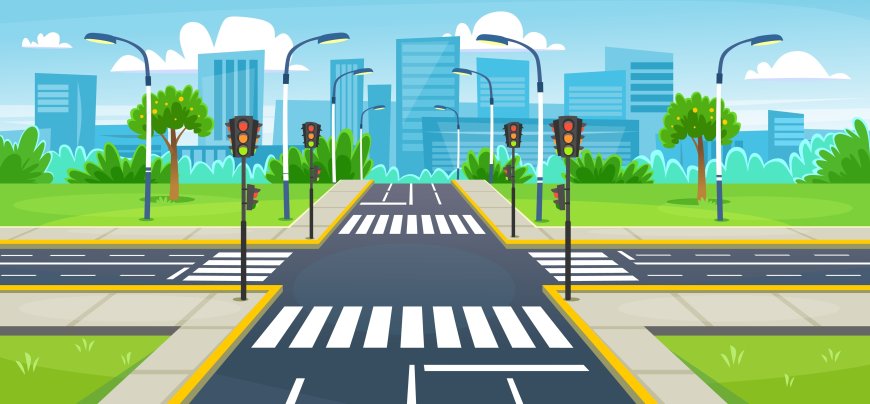
Across continents, the political centre of gravity is shifting to the right. From Dhaka to London, parties are scrambling to respond to a rising appetite for far right nationalism, cultural conservatism, and “tough-on-crime” politics.
In Bangladesh, this debate has sharpened after far-right student organization Shibir swept two university student council elections. For days, we have heard endless analyses and hot takes. Some so-called nationalist commentators are now insisting that liberal parties must embrace Islamist ideology at least partially, to remain electorally relevant.
But when did any mainstream party in Bangladesh ever speak against Islam, in a country where the overwhelming majority is Muslim?
And for the diaspora analysts who are loudly prescribing ideological compromises from abroad -- one wonders what advice they are giving to the political parties where they reside.
This raises a deeper question: what should the liberal parties do? Do they bend to the pressure of ideological compromise, or double down on pluralism and principled politics?
Bangladesh stands at a critical juncture. For the first time in more than a decade, the country has an opening to reset its politics after years of authoritarian consolidation. Citizens are demanding justice for past repression, accountability, and a politics that serves the many, not the few. Yet already, familiar temptations are resurfacing: populist rhetoric, identity politics, and the use of religion to consolidate votes.
This is not unique to Bangladesh. In India, the Bharatiya Janata Party (BJP) has built enormous popularity by mixing development promises with aggressive majoritarian nationalism. Opposition parties, fearful of losing votes, have often soft-pedalled Hindutva narratives and avoided challenging divisive policies such as the Citizenship Amendment Act (CAA) and National Register of Citizens (NRC).
In London, more than 100,000 attended a right-wing “Unite the Kingdom” march against migration, leading to violent clashes. In Australia, “March for Australia” anti-immigration rallies in Melbourne, Sydney, and Canberra ended with police using pepper spray and making arrests.
Across Europe, protests against the EU Pact on Migration and Asylum continue, showing how quickly anti-diversity narratives can gain traction and pressure governments into reactive politics.
World leaders have responded differently. UK Prime Minister Keir Starmer condemned the 2024 anti-immigration riots and pledged to work with European progressives to counter far-right extremism. Australian Prime Minister Anthony Albanese labelled the September 2025 rallies a “campaign of division and hate,” warning that neo-Nazi elements were exploiting public fears. By contrast, Indian Prime Minister Narendra Modi’s government has been accused of fostering an environment conducive to far-right politics, even as Modi occasionally calls for peace in conflict-hit regions like Manipur.
In Bangladesh, if liberal and centrist parties mimic right-wing narratives, using moral policing, religious symbolism, or calls for harsh punishment, they risk repeating the same cycle of repression, only under a new banner.
Populist shortcuts may win votes, but they hollow out democracy. When every party competes to appear more “pious” or “patriotic,” space for dissent shrinks and authoritarian habits creep back in. The result is eroded civil liberties, discouraged minority participation, and deepened social divides.
Bangladesh now faces a choice: embrace principled, pluralistic politics that can build a resilient democracy, or repeat the mistakes of the past by pandering to populism and identity politics.
The true test will not be who claims power, but how that power is used, to protect those with the least of it, and to ensure that this rare opening leads to a more inclusive, just, and democratic future.
Time to stop playing to the gallery and start building a country.
What's Your Reaction?










